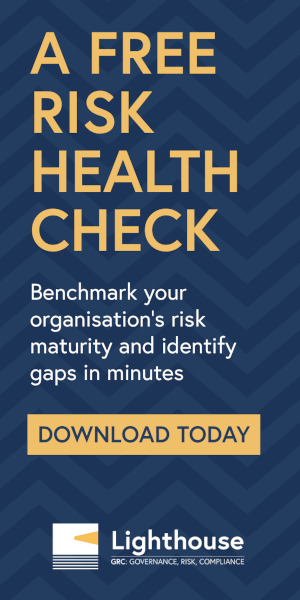Information Commissioner's Office
|
|
Privacy regulators study finds Internet of Things shortfalls
Six in ten Internet of Things devices don’t properly tell customers how their personal information is being used, an international study has found.
The study, by 25 data protection regulators around the world, looked at devices like smart electricity meters, internet-connected thermostats and watches that monitor health, considering how well companies communicate privacy matters to their customers.
The report showed:
- 59 per cent of devices failed to adequately explain to customers how their personal information was collected, used and disclosed;
- 68 per cent failed to properly explain how information was stored;
- 72 per cent failed to explain how customers could delete their information off the device, and
- 38 per cent failed to include easily identifiable contact details if customers had privacy concerns.
Concerns were also raised around medical devices that sent reports back to GPs via unencrypted email.
The data protection authorities looked at more than 300 devices. Authorities will now consider action against any devices or services thought to have been breaking data protection laws.
The work was coordinated by the Global Privacy Enforcement Network, and follows previous reports on online services for children, website privacy policies and mobile phone apps.
The action is being led by the Information Commissioner’s Office (ICO) in the UK. Steve Eckersley, ICO Head of Enforcement, said:
“This technology can improve our homes, our health and our happiness. But that shouldn’t be at the cost of our privacy. Companies making these devices need to be clear how they’re protecting customers. We would encourage companies to properly consider the privacy impact on individuals before they go to market with their product and services. If consumers are nervous that devices aren’t using their data safely and sensibly, then they won’t use them.
“By looking at this internationally, we’ve been able to get an excellent overview on this topic. We’ll now be building on that, working with the industry and looking specifically at companies who might not have done enough to comply with the law.”
Notes to editors
- The Information Commissioner’s Office upholds information rights in the public interest, promoting openness by public bodies and data privacy for individuals.
- The ICO has specific responsibilities set out in the Data Protection Act 1998, the Freedom of Information Act (FOIA) 2000, Environmental Information Regulations (EIR) 2004 and Privacy and Electronic Communications Regulations 2003.
- The ICO can take action to change the behaviour of organisations and individuals that collect, use and keep personal information. This includes criminal prosecution, non-criminal enforcement and audit. The ICO has the power to impose a monetary penalty on a data controller of up to £500,000.
- The Global Privacy Enforcement Network was established in 2010 upon recommendation by the Organisation for Economic Co-operation and Development. Its aim is to foster cross-border cooperation among privacy regulators in an increasingly global market in which commerce and consumer activity relies on the seamless flow of personal information across borders. Its members seek to work together to strengthen personal privacy protections in this global context. The informal network is comprised of 51 privacy enforcement authorities in 39 jurisdictions around the world.
- To report a concern to the ICO telephone our helpline 0303 123 1113 or go toico.org.uk/concerns.


